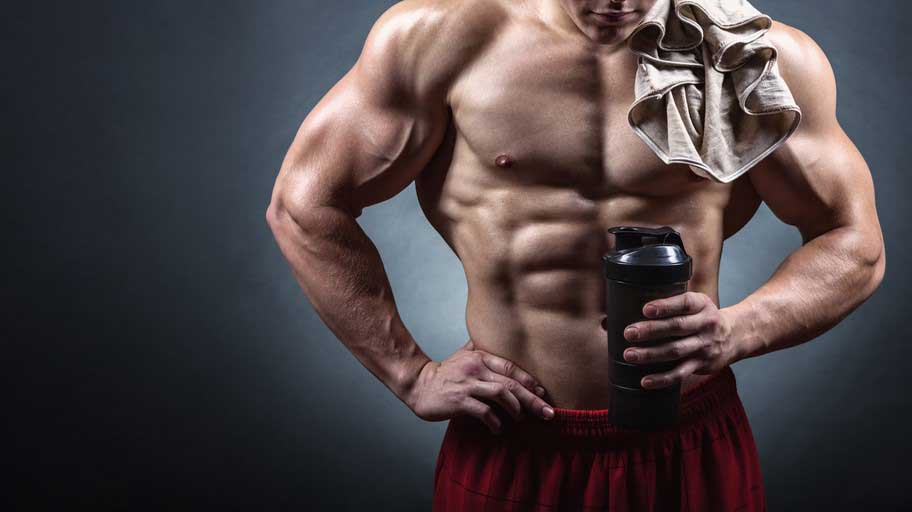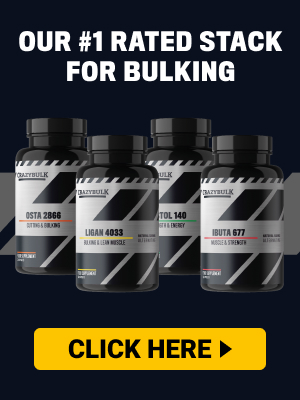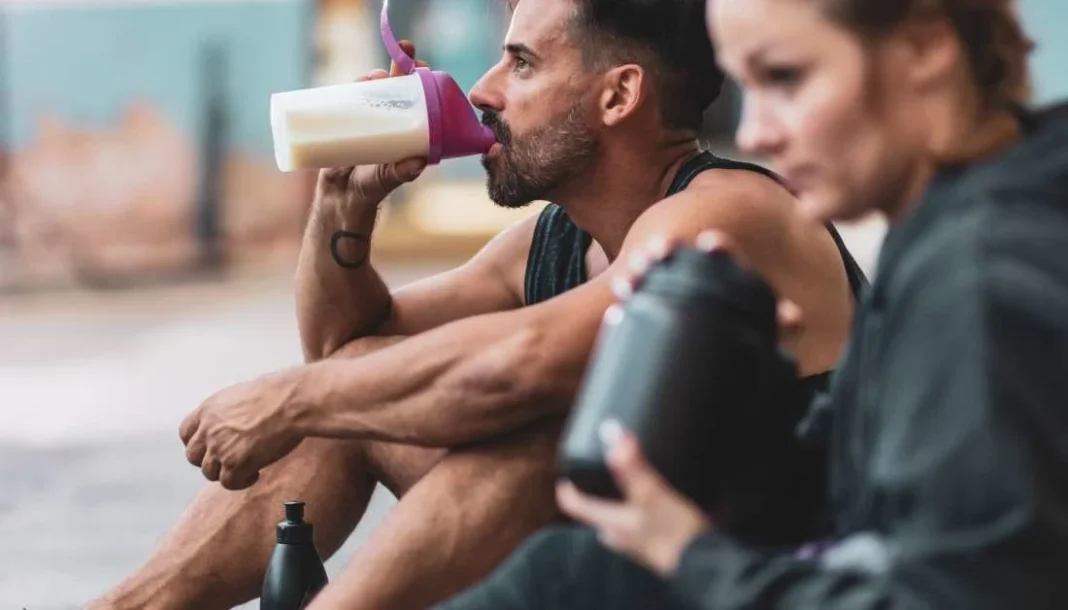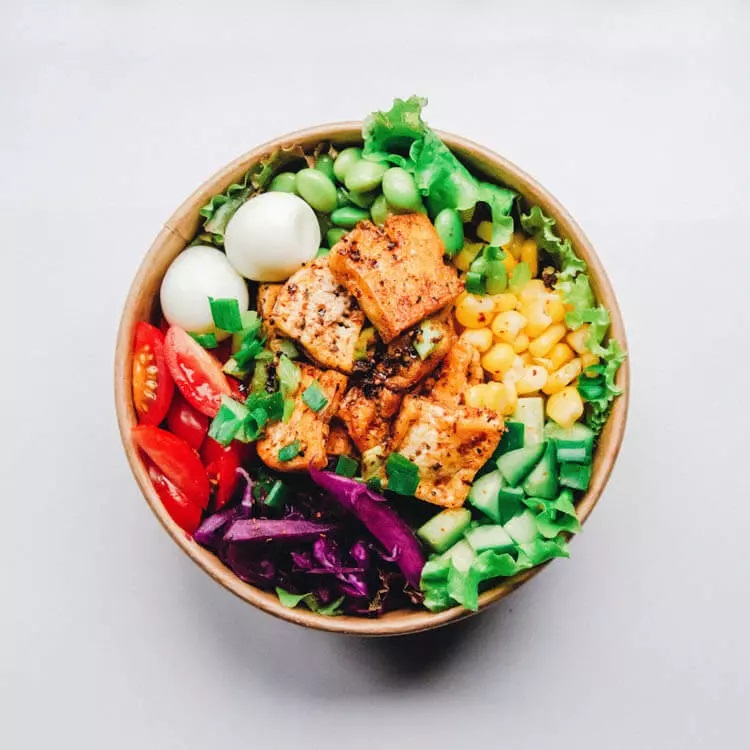Protein for Bodybuilding
Long before now, you must have read it somewhere or seen an advert about the importance of protein in your everyday diet.
Well, if you haven’t, here is an opportunity to know what the buzz is about and decide if you will join the protein-eating train.
One quick tip…If you are planning on staying fit, losing excess kilos, or building muscles, read this and thank me later.
With the increase in demand for protein supplements, different companies have saturated the markets with their products and many unsuspecting individuals fall prey to fake/ineffective products.
I will only give you insight on the types of protein supplements you should look out for the next time you want to make a purchase.You can get that ripped body, lean body mass, and mouth-watering figure without wasting your money on fake products anymore.
Protein molecules are essential building blocks of almost every organism on earth. They are present in the body and there are over 10,000 different proteins in the human genome.
Proteins are present in different foods that you consume daily – even vegetables. However, the body cannot store protein, hence, the need for a constant supply of protein supplements.
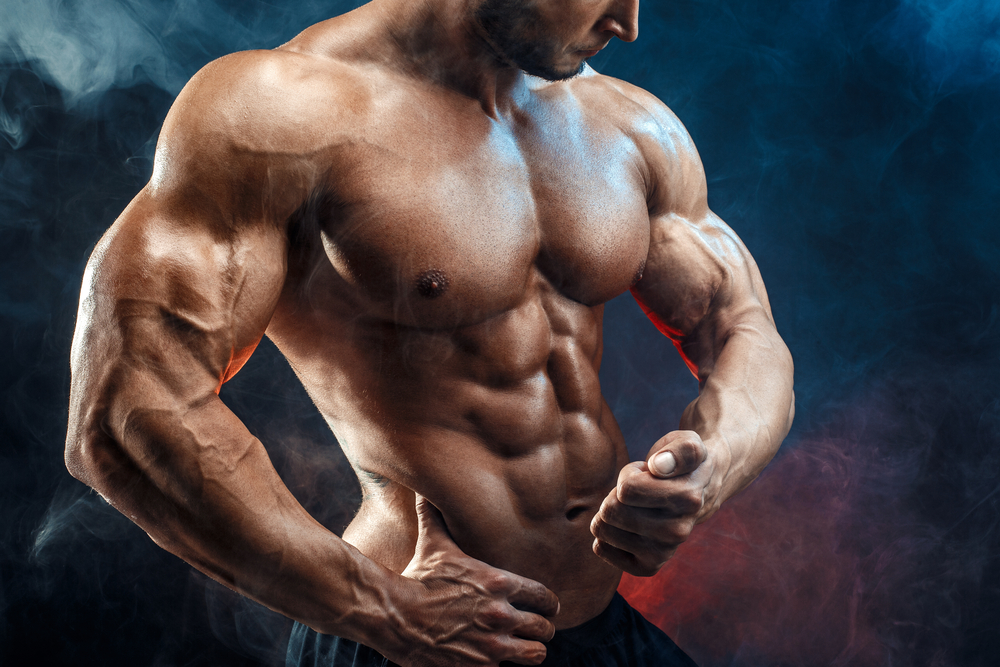
Different Protein for Bodybuilding
There are several proteins that bodybuilders combine to achieve brilliant body goals. For highly concentrated forms of protein, your best shot is animal-based foods such as fish, dairy products, and meat.
As a bodybuilder, you might want to opt for protein foods with less fat and they include lean steak, yogurt, egg whites, skinless turkey or chicken, and tuna. Meat contains the essential amino acids that the body needs for proper functioning.
Vegetables, fruits, and grains contain a considerable amount of protein. However, they don’t contain all the essential amino acids that the body needs.
Some of the common proteins that bodybuilders eat include;
Beef Protein
Beef is gotten from cattle and it is essential for blood building iron. Beef protein contains higher amounts of iron than fish, chicken, or turkey.
If you have ordered steaks or ribs in a restaurant before, or you have had a meal containing it, you have eaten beef proteins.
Other forms of beef protein include sausages, beef jerky, and corned beef. These are the processed forms of beef and they contain various essential minerals – iron and zinc.
As a bodybuilder, taking lean beef is good for your muscles as the amino acid profile is similar to that of your muscles.
This implies that you will be able to maintain and build your muscle mass to your desired shape without having to worry about gaining excess fat.
Beef protein contains Vitamin B12 which is important for blood formation and boosts the nervous system. It also contains zinc which promotes body growth and maintenance.
Additionally, it contains Vitamin B3 which boosts heart performance and Vitamin B6 which promotes energy metabolism.
Casein Protein
Casein is a dairy protein that digests slowly in the body. It provides the body with essential amino acids for proper growth and maintenance.
Many bodybuilders use it because of its slow-digesting action which reduces muscle breakdown.
For muscle growth and retention, casein protein is your go-to supplement.
Some of the health benefits of casein protein include antibacterial properties, it causes a reduction in the triglyceride levels which reduces excess fat, it fights harmful free radicals in the body amongst others.
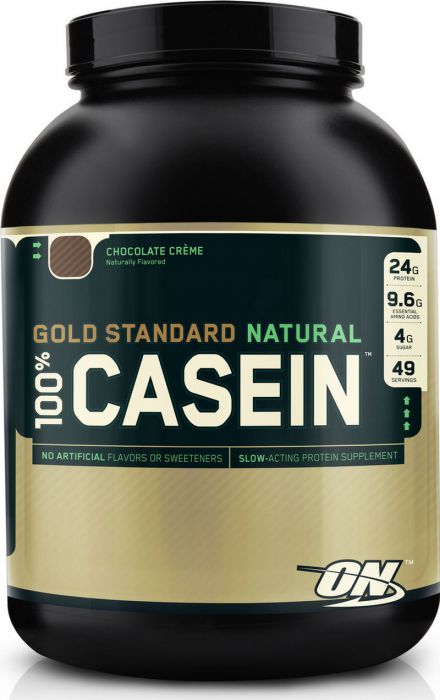
Egg Protein
Egg is a great source of protein and many bodybuilders place special emphasis on egg whites because they contain a higher percentage of protein than egg yolks.
Egg-based supplements promote weight loss and boost your energy levels. You can eat your eggs in different forms; fried, hard-boiled, poached, hard boiled, etc.
As a bodybuilder, egg-based foods make excellent breakfast as they prevent unnecessary food cravings and promote muscle mass during vigorous workouts.
Plant Protein
Want to incorporate your vegetarian diet into your bodybuilding diet? Plant-based protein is a good fit for you. You can get protein from lentils, tofu, quinoa, nuts, black beans, etc.
Plant protein promotes weight loss, boosts your heart health by preventing you from risks associated with red meat. Also, choosing plants over meat benefits the environment and preserves animal lives.
Rice Protein
Many people think rice contains only carbohydrates. Newsflash! Rice contains a considerable amount of protein.
Most importantly, brown rice contains essential amino acids that aid body growth and maintenance.
Rice protein contains iron, Vitamin C, and calcium. This protein contains antioxidants that fight against harmful free radicals in the body.
To lose weight and build muscle mass, add rice-based protein supplements to your diet, and watch your dream body come to life.
Soy Protein
Soy is gotten from soybeans and is an excellent source of protein, especially if you want to follow a strict vegetarian diet. Soy protein contains zero cholesterol hence, promotes heart performance.
It is a great source of minerals and vitamins such as Vitamins B12, Vitamin D, and calcium. Add a healthy amount of soy protein supplements to your meals for optimal health benefits.
Whey Protein
Whey is a dairy product that is gotten after pasteurizing milk. It contains highly digestible protein which boosts body growth.
Some of the health benefits of whey protein include; antioxidant properties that promote immunity, increased heart performance, reduced stress, and a boost in energy levels during strenuous exercises.
There are two forms of whey protein; whey isolates and whey concentrates.
Whey isolates are absorbed quickly into the body and you can add it to your post-workout diet. On the other hand, whey concentrates are best for pre-workout sessions for muscle building.
Protein is an essential part of your weight loss and bodybuilding journey. Highly digestible protein helps to reduce your hunger cravings and aid weight loss.
Consuming one or a mix of the protein types will allow you to balance muscle growth before, during, and after workouts.
Choose the perfect protein type with the help of a health professional or nutritionist to avoid allergies and health complications.

